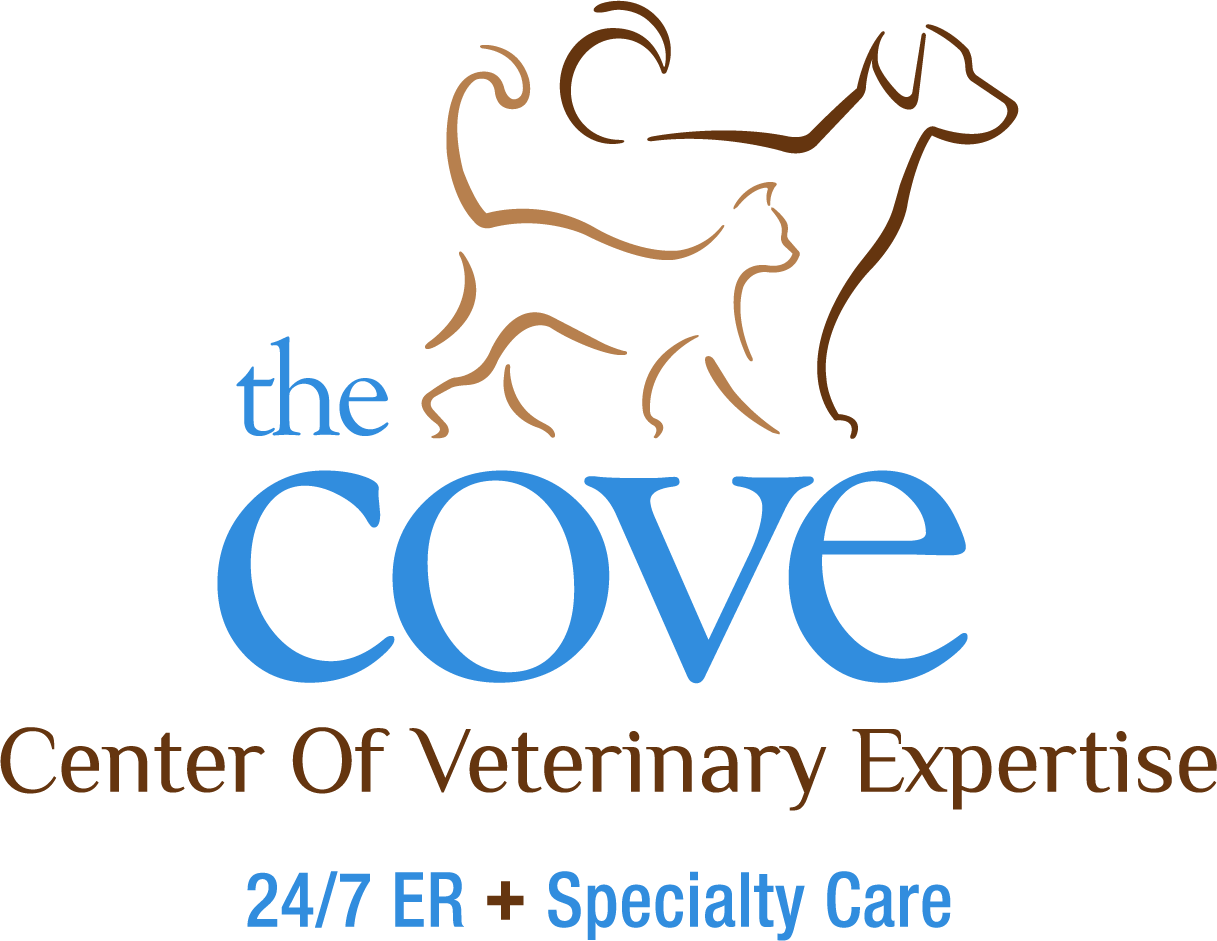In 1964, not long after experiencing a heart attack himself, then-President Lyndon B. Johnson declared February as American Heart Month to bring awareness to the prevalence of heart disease. But did you know heart disease also affects dogs and cats? According to data provided by the American College of Veterinary Internal Medicine (ACVIM), about 10% of dogs and up to 15% of cats develop some form of heart disease in their lifetime.
Pets can suffer from heart conditions that are present at birth (congenital) or develop over time (acquired). Some breeds, such as Boxers, Cavalier King Charles Spaniels, Golden Retrievers, and Maine Coon and Persian cats, have higher instances of hereditary heart defects in their bloodlines, putting them at greater risk for heart disease.
The good news is that proper diet and exercise, good dental care, heartworm preventives and regular routine checkups can help stave off heart problems in many pets. Unfortunately, though, heart disease is not always preventable, so spotting signs early can improve your pet’s long-term prognosis.
Signs & Symptoms
Symptoms are easier to detect in dogs than in cats, but any of the following can indicate a heart issue:
- Shortness of breath or increased breathing rates: Congestive heart failure (CHF) occurs when the heart cannot pump blood efficiently to the vital organs. Pressure builds up and fluid leaks from the blood vessels into the lungs, around the lungs, or into the abdomen. A distended abdomen can also be a sign of CHF.
- Persistent cough: An enlarged heart pressing on the windpipe or CHF can lead pets to cough.
- Weakness or exercise intolerance: If the heart cannot deliver blood effectively and efficiently to the lungs and muscles, your pet’s energy and activity level may drop.
- Fainting or collapsing: Cardiac patients may collapse due to the heart failing to pump blood and oxygen to the brain or if an abnormal heart rhythm is present.
- Sudden paralysis: When blood clots form in the heart and move to a point between the rear legs, paralysis can occur. This condition, called saddle thrombus, is more common in cats.
- Abnormal behaviors: Cats are very good at hiding illness. Symptoms as subtle as hiding in strange places or not eating can be signs of heart disease.
If your pet displays any of these symptoms, see your primary care veterinarian immediately, who can check for a heart murmur or irregular heartbeats (arrhythmia). Further tests may be performed in the veterinary office, including checking blood pressure, electrocardiogram, chest radiographs (X-rays), or blood work. Your veterinarian may recommend a referral to a board-certified veterinary cardiologist.
What Is a Board-Certified Veterinary Cardiologist?
The COVE’s Merilee T. Small DVM, DACVIM (Cardiology) is one of only 310 board-certified veterinary cardiologists in the United States. She focuses solely on diagnosing and treating diseases of the heart, lungs, and respiratory system.
Like all veterinarians, Dr. Small earned her undergraduate degree, then attended veterinary school for four years. However, to become a specialist, additional training was required. She also completed a residency in cardiology, and passed rigorous board examinations. Her education, training, and experience, combined with an extensive range of resources available at The COVE, give your pet the best options for timely, accurate diagnosis and treatment.
If you’ve been referred to us, you can trust that your pet’s heart is in the best possible hands with Dr. Small and her team. For additional information, we welcome your call anytime at 757.935.9111. You never need an appointment for our 24/7 emergency care.
About Us
The COVE’s veterinarians and staff wholeheartedly embrace the core values of community, collaboration, commitment, compassion, and integrity. This focus ensures that pets, the people who love them, and their primary care veterinarians have as positive and affirming a healthcare experience as possible, regardless of the circumstances that bring us all together.
